Palestinian prisoners plan hunger strike to protest Israeli restrictions
Hundreds of Palestinians being held inside jails across the occupied territories plan an open-ended hunger strike on Sept. 14 to protest Israeli restrictions.
In a statement released on Sunday, the Palestinian Prisoner Society said the strike aims to pile pressure on the Israeli prison authorities to reverse restrictions against the detainees.
“The prisoners want all restrictions imposed against them reversed,” the PPS said.
The Supreme Emergency Committee of the Prisoner National Movement also announced that Palestinian prisoners will demand the suspension of a decision made by hawkish Israeli cabinet minister Itamar Ben-Gvir.
On Friday, Ben-Gvir reduced the number of visits to Palestinian detainees from the West Bank to once every two months. Hundreds of Palestinian prisoners are affected by the new restrictions.
There are currently around 5,100 Palestinians held in Israeli prisons, including 32 women, 165 children, and more than 1,200 administrative detainees.
Israel is currently holding over 5,100 Palestinian prisoners, , including 32 women, 165 children, and more than 1,200 administrative detainees.
The latest Palestinian hunger-striking detainee, Khader Adnan, 44, died in prison on May 2, after almost three months of hunger strike.
Israel’s administrative detention is a sort of imprisonment without trial or charge. The regime keeps the detainees for up to six months – a period which can be extended indefinitely.
Human rights organizations say Israel violates all the rights and freedoms granted to prisoners by the Geneva Convention.
The Palestinian prisoners are kept under deplorable conditions lacking proper hygienic standards. They have also been subjected to systematic torture, harassment, and repression.
The United Nations and the International Committee of the Red Cross (ICRC), as well as many human rights groups, have frequently expressed serious concern about the health condition of the prisoners on hunger strike.
Rights groups describe Israel’s use of administrative detention as a “bankrupt tactic” and have long called on Israel to end its use.
'This is cruelty, not war,' Pope Francis slams Israel's brutality against Gaza children
IRGC intelligence forces bust Takfiri terrorist team in western Iran
Syria’s de facto new ruler names Asaad al-Shibani as foreign minister
How 8-year-old Lebanese child Fawaz nixed Ben Gurion’s 76-year-old fallacy
VIDEO | 700,000 Cubans rally at US embassy in Havana against trade embargo
Iranian embassy staffer assassinated by terrorists in Damascus
VIDEO | Press TV's News Headlines
Scandalous detention of Iranians by US to extort information


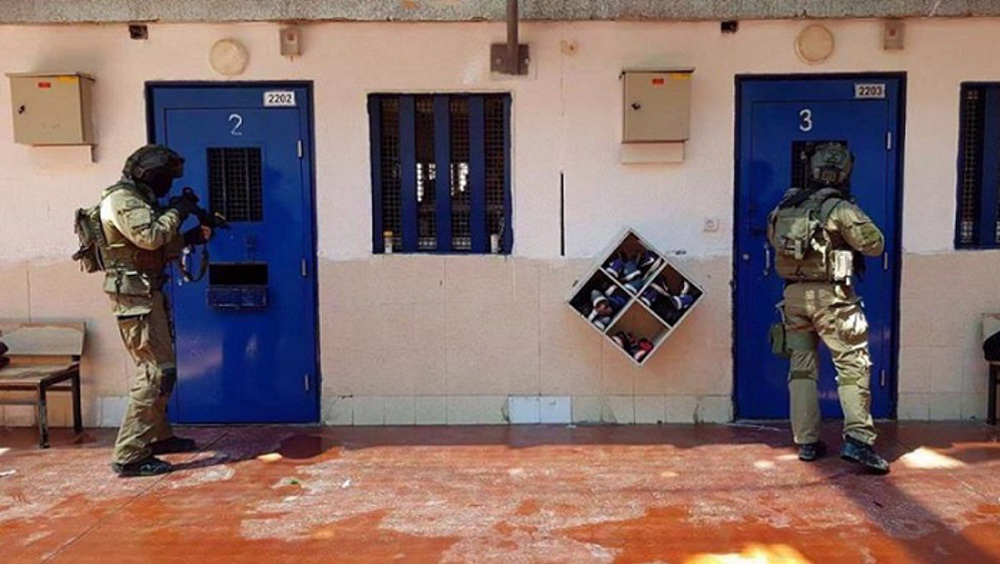
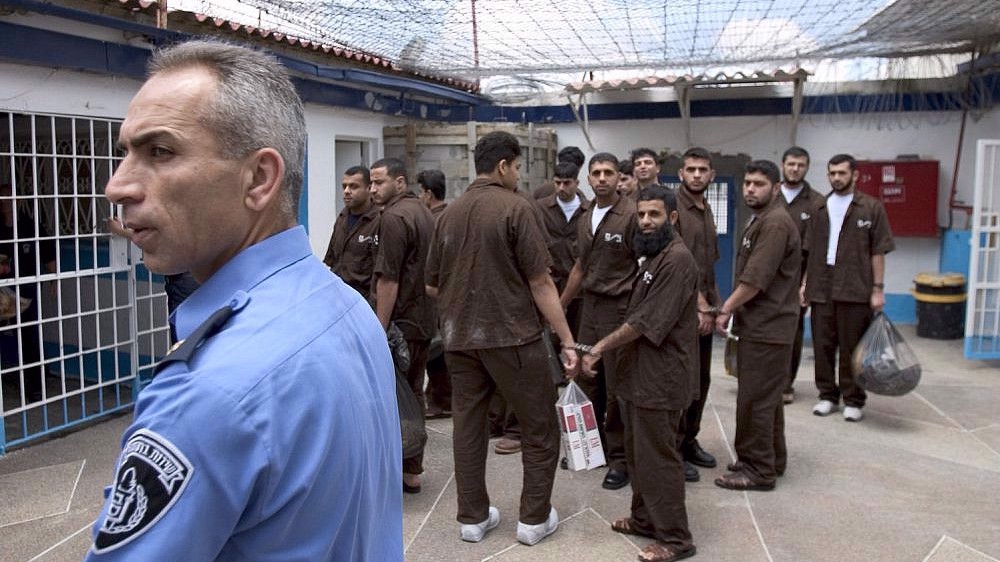
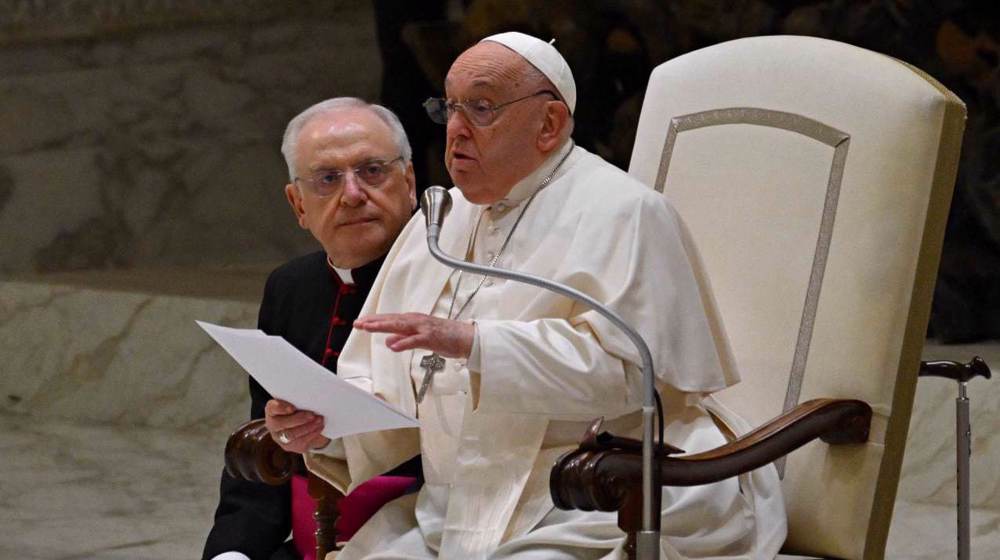
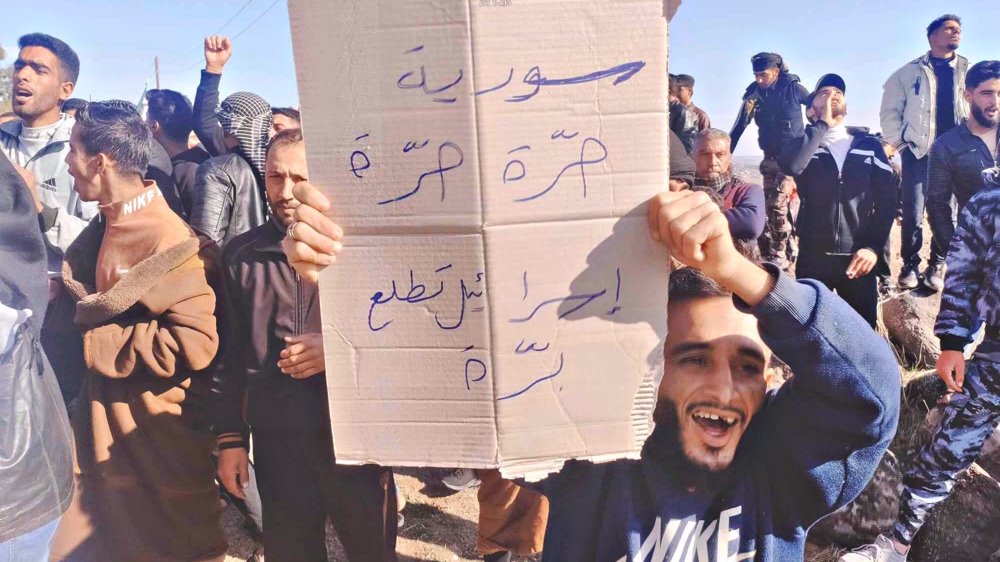




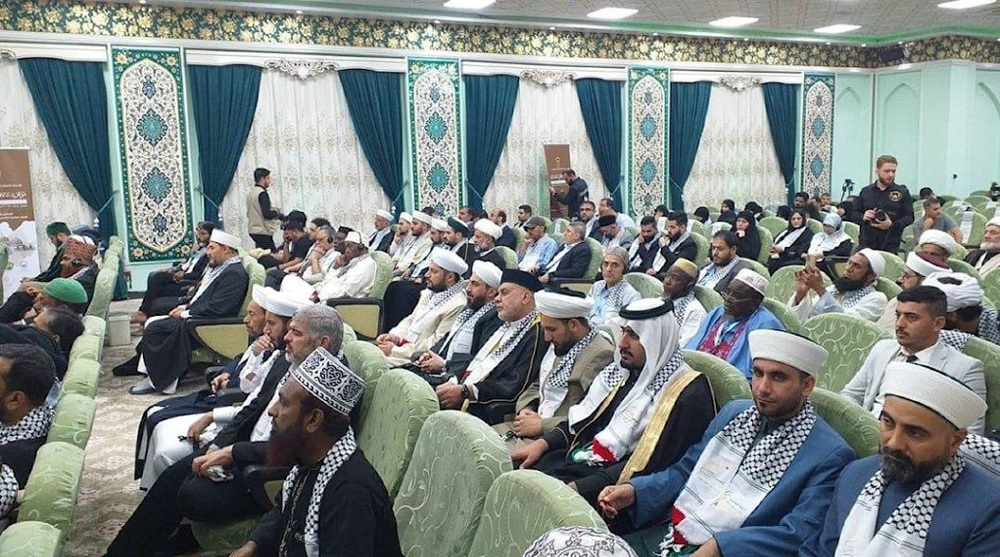
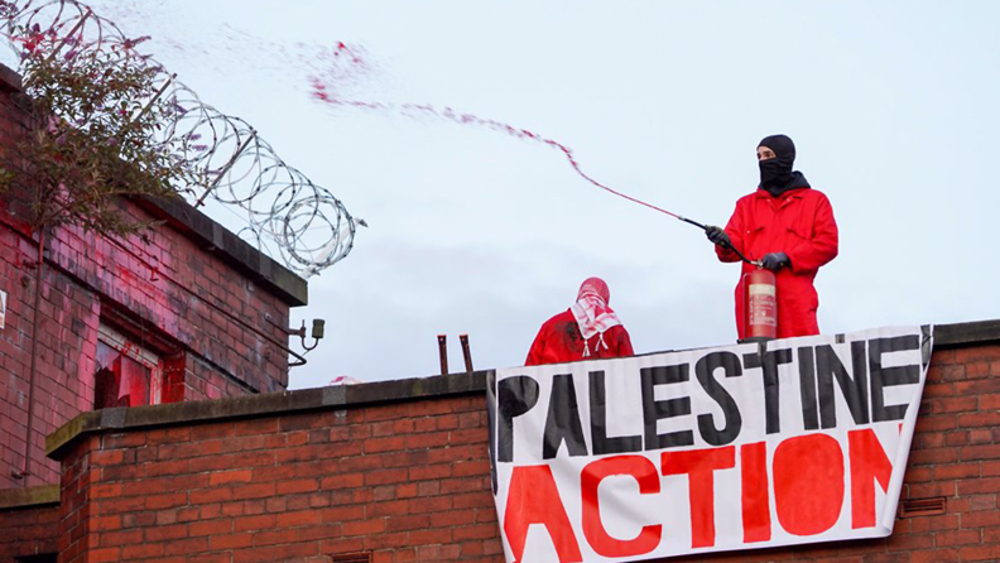
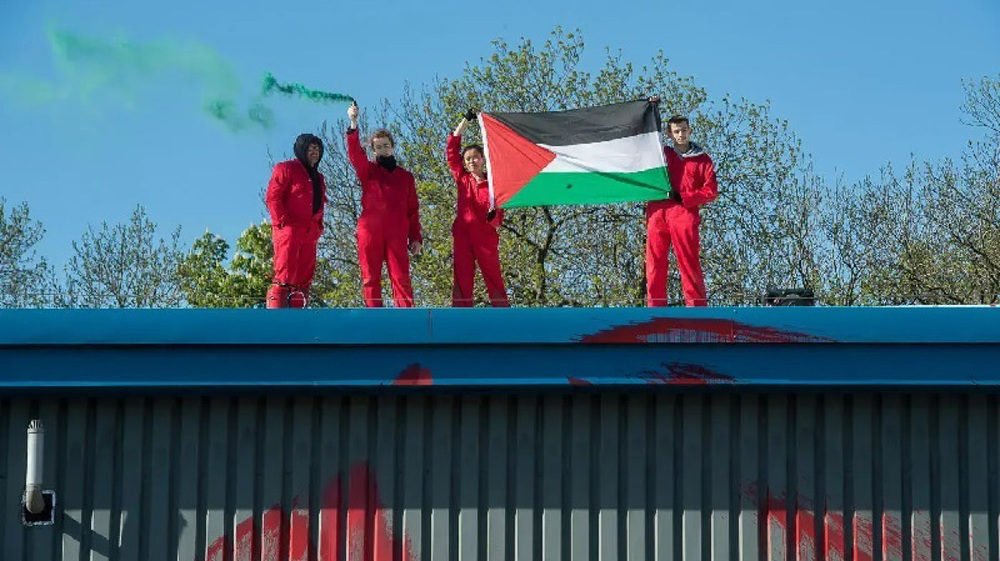

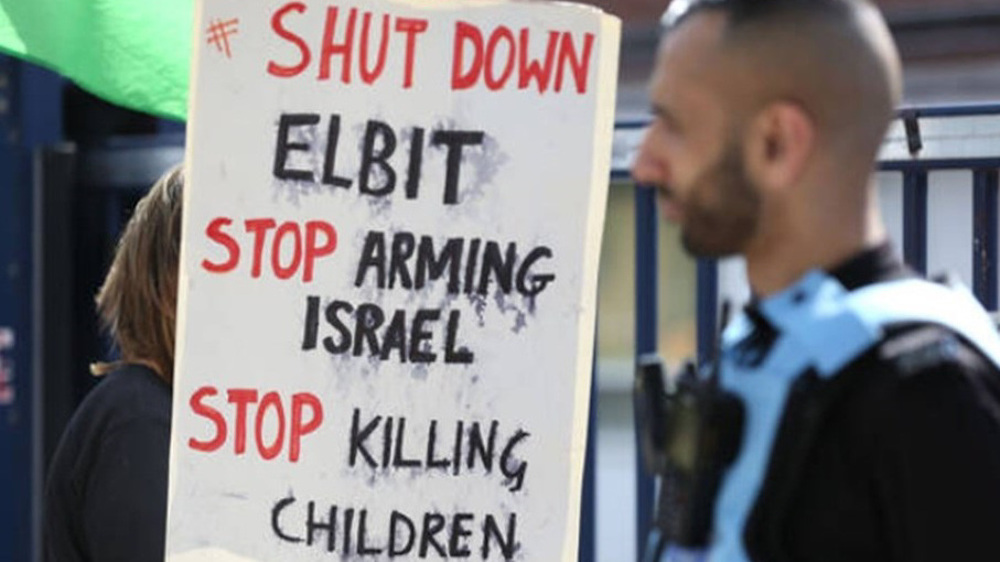
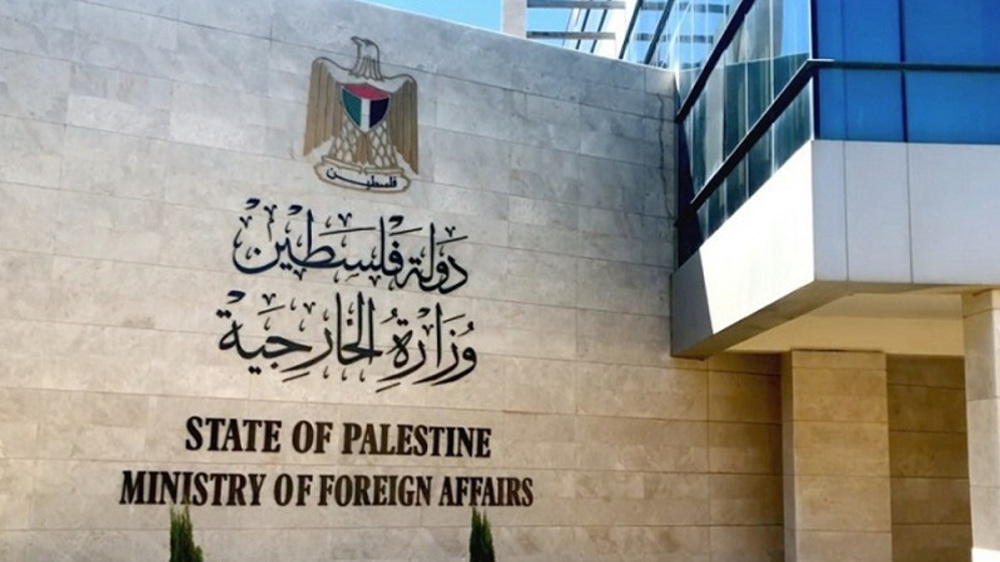

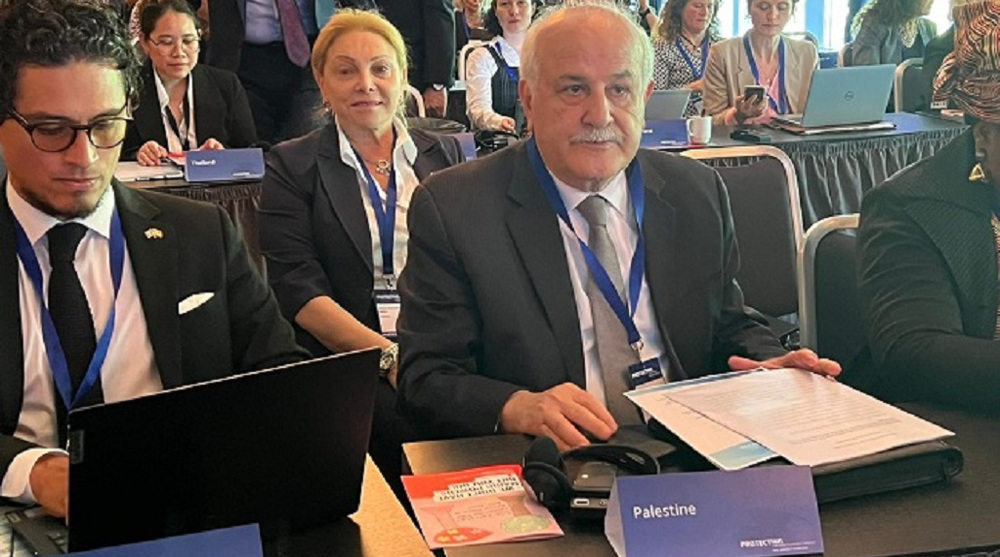
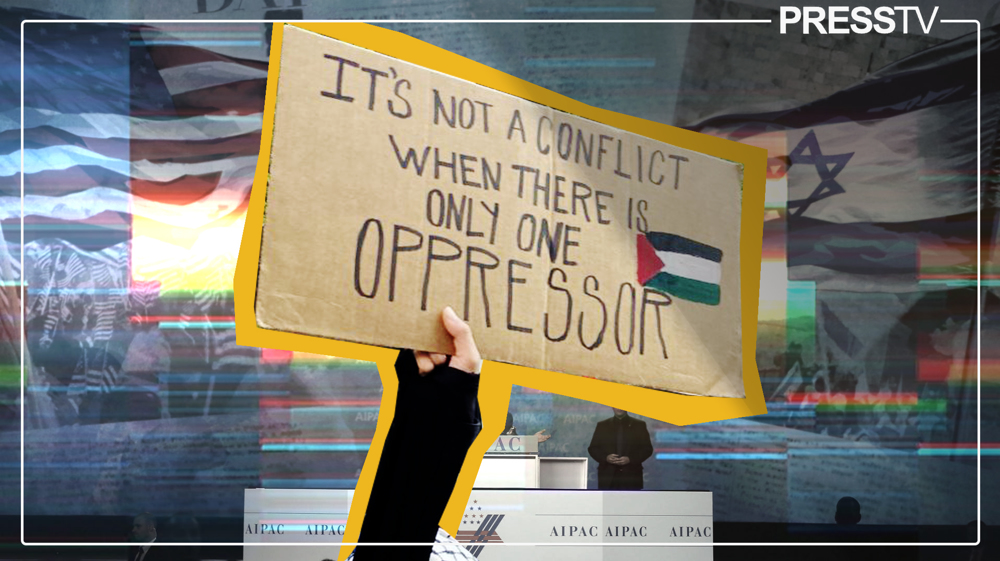

 This makes it easy to access the Press TV website
This makes it easy to access the Press TV website